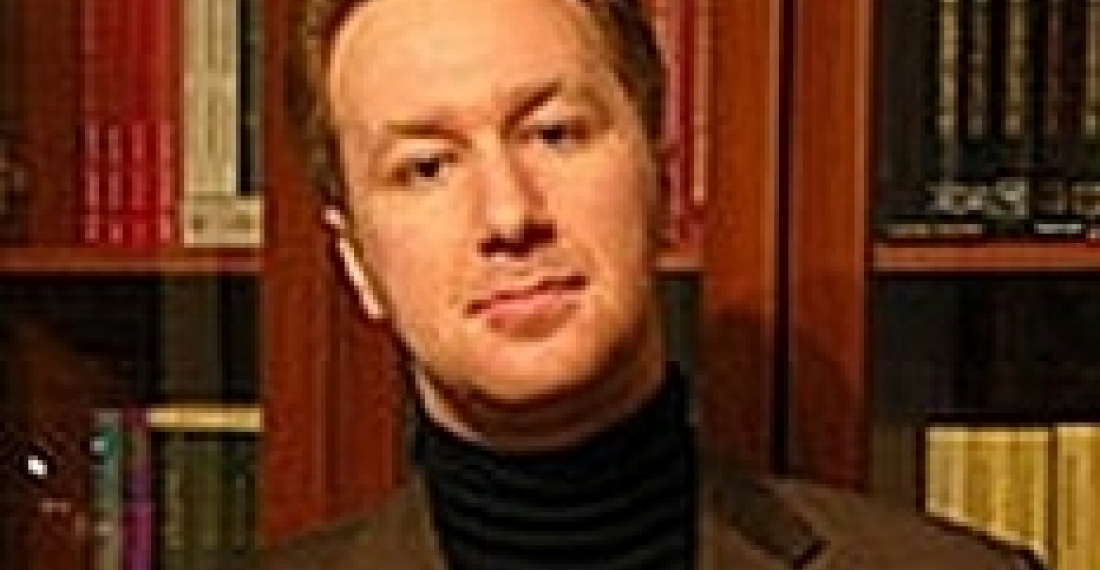"I do not expect any special breakthroughs in the Karabakh conflict's resolution especially on the threshold of the upcoming elections in Armenia, Azerbaijan and in the OSCE Minsk Group co-chair-states, Vadim Mukhanov, Senior Fellow at the Center for Caucasian Studies and Regional Security, MGIMO Russia, told ArmInfo.
"Possible changes in Moscow's stance on the Karabakh peace process following Medvedev-Putin rotation is much spoken of today. I am more than sure that Russia's policy towards the South Caucasus will not change traditionally and no fundamental changes should be expected in this context following the rotation of the top leadership in Russia," he said.
Mukhanov said that there is no strict Russian policy towards South Caucasus, since there are certain moments that make the country think over their settlement. Unlike USA and France, that face Caucasus's problems not so often, Russia faces the problems of both the North Caucasus that are dominating for the Russians and the South Caucasus. There is nothing extraordinary in all that, since Russia is a priory connected to the region more than the West.
The expert thinks that lack of breakthroughs in the Karabakh conflict forecasted for the nearest future is positive for both the parties, as always when there is no war. Maintenance of no-war situation in Karabakh is a great positive factor, the expert thinks, especially amid the growing trigger-happy policy despite the frequent meetings of the presidents. "This is in discord with the continuing suggestions in favor of the conflict's resolution, indeed, with the meetings in Yerevan and Baku leading to rather sad thoughts. In this light, even lack of breakthroughs is evidently positive. The credit of the status-quo maintenance in the Karabakh conflict zone goes also to Russia, USA and France. Nicolas Sarkozy's visits to the conflicting parties are the best evidence of my words," Mukhanov said.







